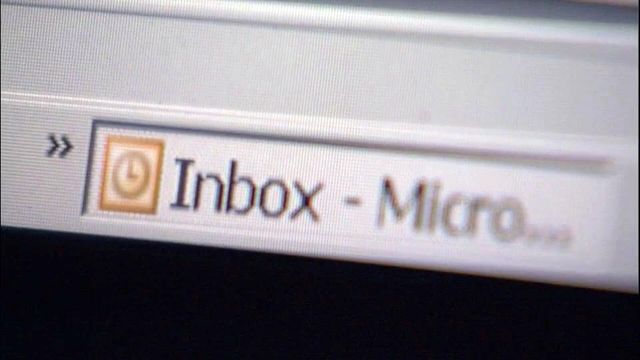NC policies on government emails hard to police, lead to delays in public access
Scrutiny over Hillary Clinton's email practices is drawing attention to other government officials.
Clinton has drawn fire from Congress and the media for using a private email account – and a private email server – for official business while President Barack Obama's secretary of state. She says she has turned over thousands of emails for archiving but held back personal messages and insists that she didn't create any security risk or violate the law.
North Carolina's laws regarding government email aren't much different from those at the federal level. Emails sent from any address that deal with the public's business are supposed to be open to the public, but it's up to the sender to decide whether it's subject to that law.
Five years ago, former Gov. Mike Easleywas found to have used a secret email address – "Nick Danger" spelled backwards –to conduct business out of the public eye. Several media outlets had sued in 2008 over access to emails to and from Easley's office after some state workers claimed that staffers were told to routinely delete sensitive messages.
State policy says all work emails sent from a personal account should be copied to the work address so they can be archived by the Department of Cultural Resources. But there's no way to ensure that all emails sent from personal accounts actually find their way to the archive.
"There is no unified system of preservation," said Mike Tadych, a Raleigh attorney who represents media outlets in open-records cases.
In the wake of the Easley scandal, the state implemented an email archiving system called Mimosa. It was supposed to increase accountability and public access, but it can still take months – even years – for the state to supply emails in response to records requests.
For example, WRAL News filed a records request in July 2012 for emails connected to the academic fraud scandal at the University of North Carolina at Chapel Hill that still hasn't been filled.
"Certainly, in what we do, we can't say, 'Yea, us. That lawsuit really led to marked change, and now we have greater access,'" Tadych said. "I don't know that we do. I don't know that I can say that with a straight face."
Some state emails aren't even covered by the open-records law. Lawmakers carved out a wide exemption when they wrote the legislation to keep their own calls and emails out of the public eye.
"If it's some concern over how the sausage is made, well, the people that elected you probably have a right to know," Tadych said. "In my opinion, they do have a right to know."











